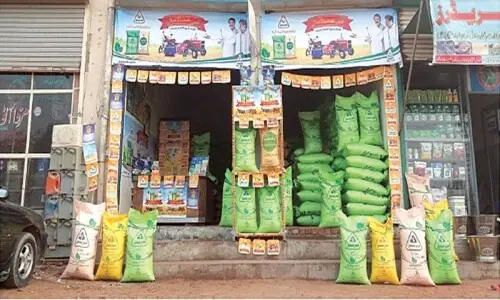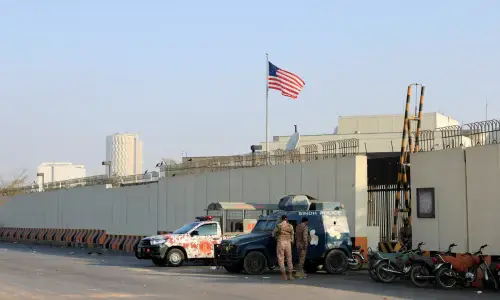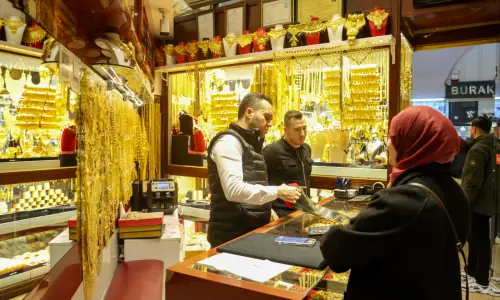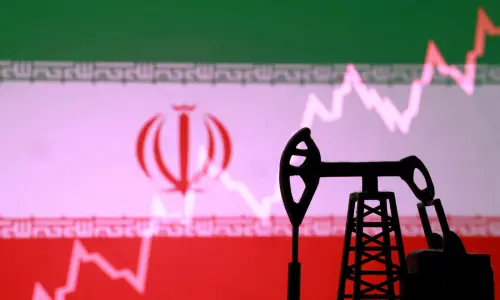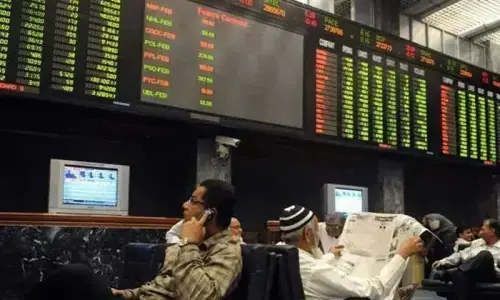A suicide bomb attack on worshippers at a Shia mosque in the Afghan city of Kunduz killed at least 55 people on Friday, in the bloodiest assault since US forces left the country.
Scores more victims from the minority community were wounded in the blast, which has not been claimed but appears designed to further destabilise Afghanistan in the wake of the Taliban takeover.
A medical source at the Kunduz Provincial Hospital said that 35 dead and more than 55 wounded had been taken there, while Doctors Without Borders (MSF) hospital said 20 were dead and scores more wounded.
Matiullah Rohani, director of culture and information in Kunduz for Afghanistan's new Taliban government, confirmed to AFP that the deadly incident was a suicide attack and that at least 46 people had died and 143 were wounded.
Taliban spokesman Zabihullah Mujahid had earlier said “an explosion took place in a mosque of our Shia compatriots” in Kunduz.

Bilal Karimi, a Taliban security official, added that targeting civilians was the "ultimate low". He said that the Islamic Emirate would not allow the criminals to go unpunished.

Residents of Kunduz, the capital of a province of the same name, told AFP the blast hit a Shia mosque during Friday prayers.
Zalmai Alokzai, a local businessman who rushed to Kunduz Provincial Hospital to check whether doctors needed blood donations, described horrific scenes.
“Ambulances were going back to the incident scene to carry the dead,” he said.
An international aid worker at the MSF hospital in the city told AFP there were fears the death toll could rise even further.
“Hundreds of people are gathered at the main gate of the hospital and crying for their relatives but armed Taliban guys are trying to prevent gatherings in case another explosion is planned,” he said.
Islamic State group claims attack
Meanwhile, the Islamic State-Khorasan (IS-K) group claimed responsibility for the deadly suicide bomb attack.
In a statement released on its Telegram channels, the group said that an IS suicide bomber “detonated an explosive vest amid a crowd” of Shia worshippers who had gathered inside the mosque.
In a second statement, IS said the “perpetrator of the attack was an Uighur Muslim”, a minority that the “Taliban had vowed to expel” from Afghanistan.
The militant group, bitter rivals of the Taliban, has repeatedly targeted Shias in a bid to stir up sectarian violence in Afghanistan.
Frightened crowds
Graphic images shared on social media, which could not immediately be verified, showed several bloodied bodies lying on the floor. Pictures showed plumes of smoke rising into the air over Kunduz. Another video showed men shepherding people, including women and children, away from the scene. Frightened crowds thronged the streets.
Aminullah, an eyewitness whose brother was at the mosque, told AFP: “After I heard the explosion, I called my brother but he did not pick up.
“I walked towards the mosque and found my brother wounded and faint. We immediately took him to the MSF hospital.”
A female teacher in Kunduz told AFP the blast happened near her house, and several of her neighbours were killed.
“It was a very terrifying incident,” she said. “Many of our neighbours have been killed and wounded. A 16-year-old neighbour was killed. They couldn't find half of his body. Another neighbour who was 24 was killed as well.”
Kunduz's location makes it a key transit point for economic and trade exchanges with Tajikistan.
It was the scene of fierce battles as the Taliban fought their way back into power this year.
Persecuted community
Shias make up roughly 20 per cent of the Afghan population. Many of them are Hazara, an ethnic group that has been heavily persecuted in Afghanistan for decades.
In October 2017, a lone IS suicide attacker struck a Shia mosque as worshippers gathered for evening prayers in the west of Kabul, killing 56 people and wounding 55 including women and children.
And in May this year, a series of bombings outside a school in the capital killed at least 85 people — mostly young girls. More than 300 were wounded in this attack on the Hazara community.















